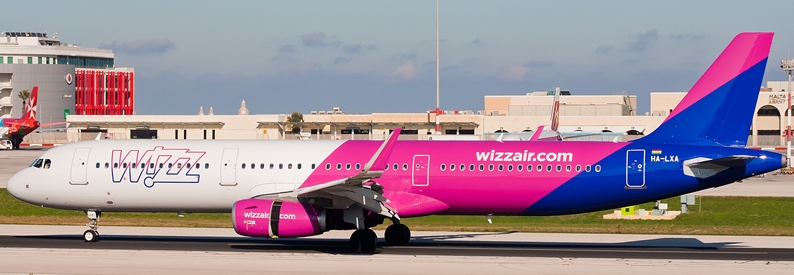Investor dumps $3.4mn Wizz Air stake over staff rights

AkademikerPension, a Danish pension fund that foregrounds “responsible investments,” has announced it is selling a stake in Wizz Air Holdings after its “patience ran out” during talks over employee rights at the budget carrier.
Its move to “exclude” the airline due to its alleged “opposition to trade unions and collective agreements” means it has now sold its shares in the company, worth a total of DKK22 million kroner (USD3.4 million), it said in a statement posted on its website on February 7. The market value of Wizz Air, which is listed in London, is around USD5.8 billion.
The fund, which manages USD23 billion worth of investments and has around 150,000 members, was one of 14 investors and potential investors that called on the carrier in a letter in December to allow employees to form and join unions. They quoted an interview CEO József Váradi made with aeroTELEGRAPH in June 2020 in which he said the company kept out unions as they were “killing the business.”
In that interview, Váradi said: “We have been keeping out unions everywhere. Unions are killing the business. That’s also one of the problems with Lufthansa (LH, Frankfurt Int’l). If the unions try to catch us and kill us, we simply close the base and move on. That’s the beauty of being an airline with the diversity and flexibility we have in our network – we can simply move our aircraft to another place.”
AkademikerPension said that after meeting Wizz Air’s management it saw no sign that the airline’s practices would change.
“We have in no way been reassured that it will initiate the changes we have requested. On the contrary. So we see no other way than to exclude the company,” the fund’s chief executive Jens Munch Holst explained in the statement.
He pointed to studies alleging that Wizz Air has “repeatedly refused to recognise the freedom of association of employees and the right to enter into collective bargaining in Romania, Ukraine, Norway, and Italy, among others,” and that “several courts have also ruled that the company has exhibited discriminatory behaviour and fired employees because of their union affiliation.”
This is in conflict with human and labour rights in accordance with, for example, the UN Guiding Principles on Business and Human Rights, he added, “and the risk of being linked to a clear and persistent breach of our responsible investment policy is simply too high if we remain invested.”
